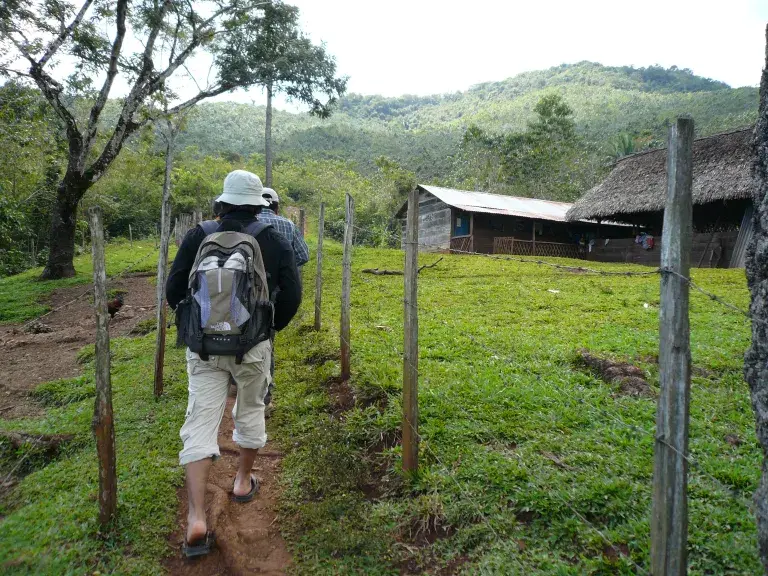
The Indian Law Resource Center was named as a finalist in the Racial Equity 2030 Challenge by the W.K. Kellogg Foundation. The Indian Law Resource Center and the nine other finalists were each awarded a grant of $1 million to further develop their proposals as they compete for three grants of $20 million and two grants of $10 million to be awarded next year.
The Center will work with two major Indian organizations in South America to design and build an Indigenous-led institution that provides essential technical and legal assistance to help Indigenous peoples secure ownership of their lands and speed up and improve Indigenous land titling processes in Mexico and Central and South America.
The Indian Law Resource Center is an American Indian non-profit organization that has provided free legal assistance to Indian peoples in North, Central and South America since 1978. The Center will carry out its proposed project with its partners, the Coordination of Indigenous Organizations of the Brazilian Amazon and the Interethnic Association of Development of the Peruvian Amazon.
“On behalf of the Indian Law Resource Center and our partner organizations we are honored to be included in this diverse group of finalists,” said Robert T. Coulter, Executive Director of the Indian Law Resource Center and project lead. “The opportunity to be a part of the Racial Equity 2030 Challenge is a major step in assisting Indigenous communities in Mexico, Central, and South America to secure their lands and their futures.”
In their proposed project, the Center and its partner organizations will address inequality by securing land ownership for Indigenous communities on a large scale in Mexico, and in Central and South American countries. This project will create an independent agency that will provide expert technical and legal assistance without charge to Indigenous communities seeking to gain legal control and ownership of their lands and resources. Secure ownership of their lands and resources will have an enormous impact on the poverty, powerlessness, discrimination, killings, and other human rights violations experienced by nearly all Indigenous communities. Helping Indigenous communities to protect their lands is now recognized as one of the most effective means to protect the environment, reduce deforestation, and mitigate climate change. The project will make available a network of experts from many fields to assist Indigenous communities in overcoming the pervasive impediments to gaining ownership and protecting their lands.
This announcement is the final step by the Racial Equity 2030 Challenge prior to its selection of grant awardees that will receive a total of $90 million in funding for projects as part of the W.K. Kellogg Foundation’s celebration of its 90th Anniversary.
For ILRC and its partners, the initial $1 million in their proposed grant project will facilitate building a body of experts who will train and help hundreds of Indigenous communities with the necessary processes to secure full, collective ownership of their lands. ILRC estimates that the project will secure and advance Indigenous ownership rights to four million acres or more over six to ten years with continued funding.
“There is recent widespread awareness that lands in Indigenous control are the best protected and can thus mitigate climate change and loss of biodiversity. Strengthening the way Indigenous lands are legally held will reduce discrimination and ensure more equitable treatment of these communities and their children,” said Coulter.
For more information about the Indian Law Resource Center visit https://indianlaw.org/ or to learn more about the W.K. Kellogg Foundation Racial Equity 2030 Challenge visit https://www.racialequity2030.org/about.
